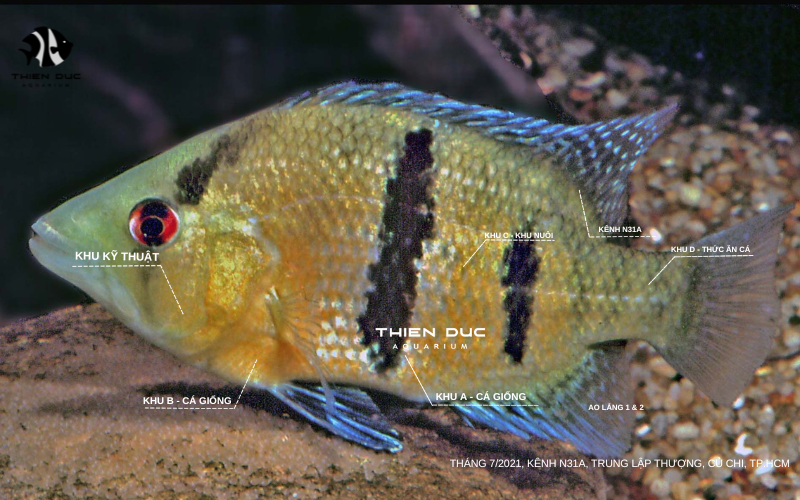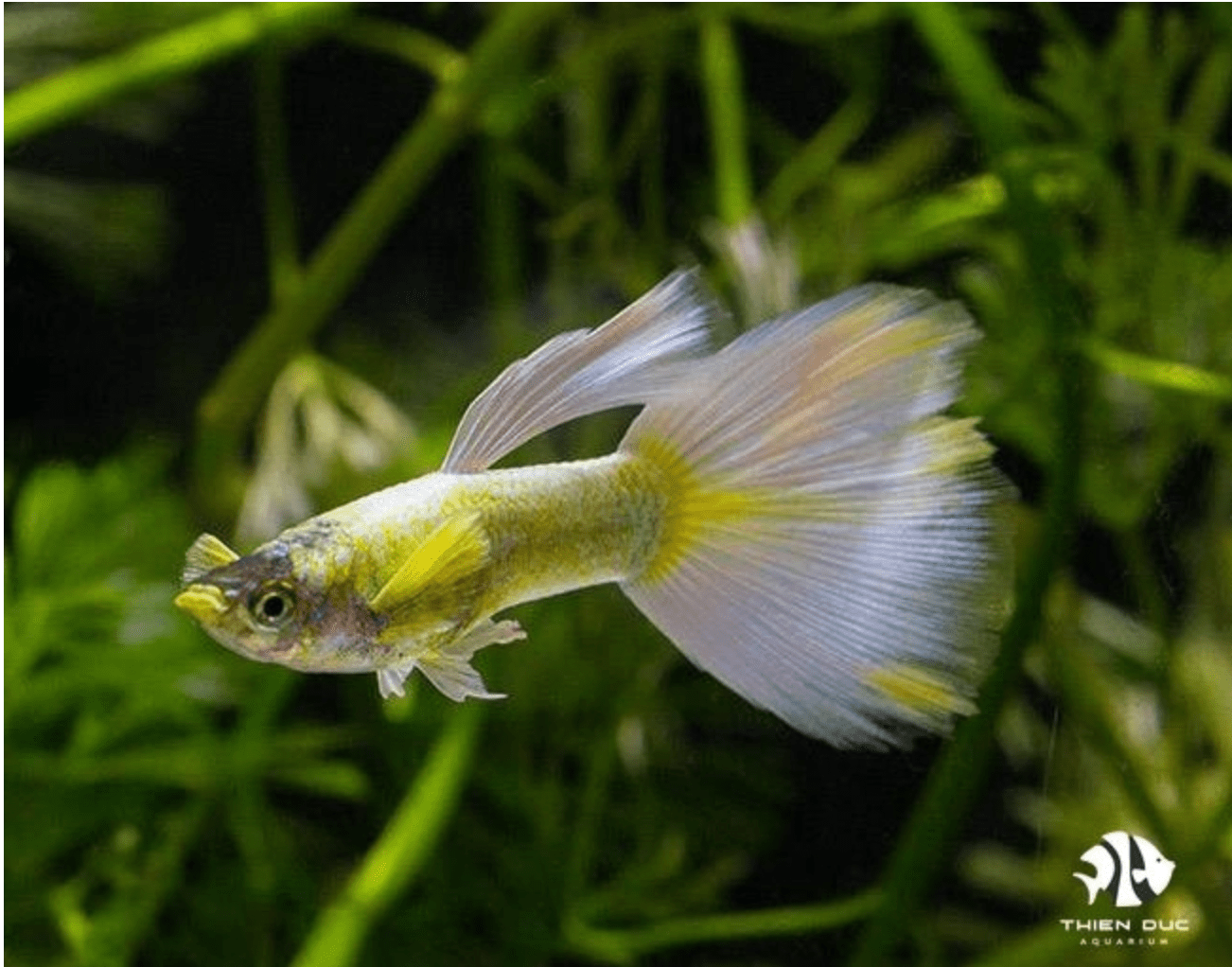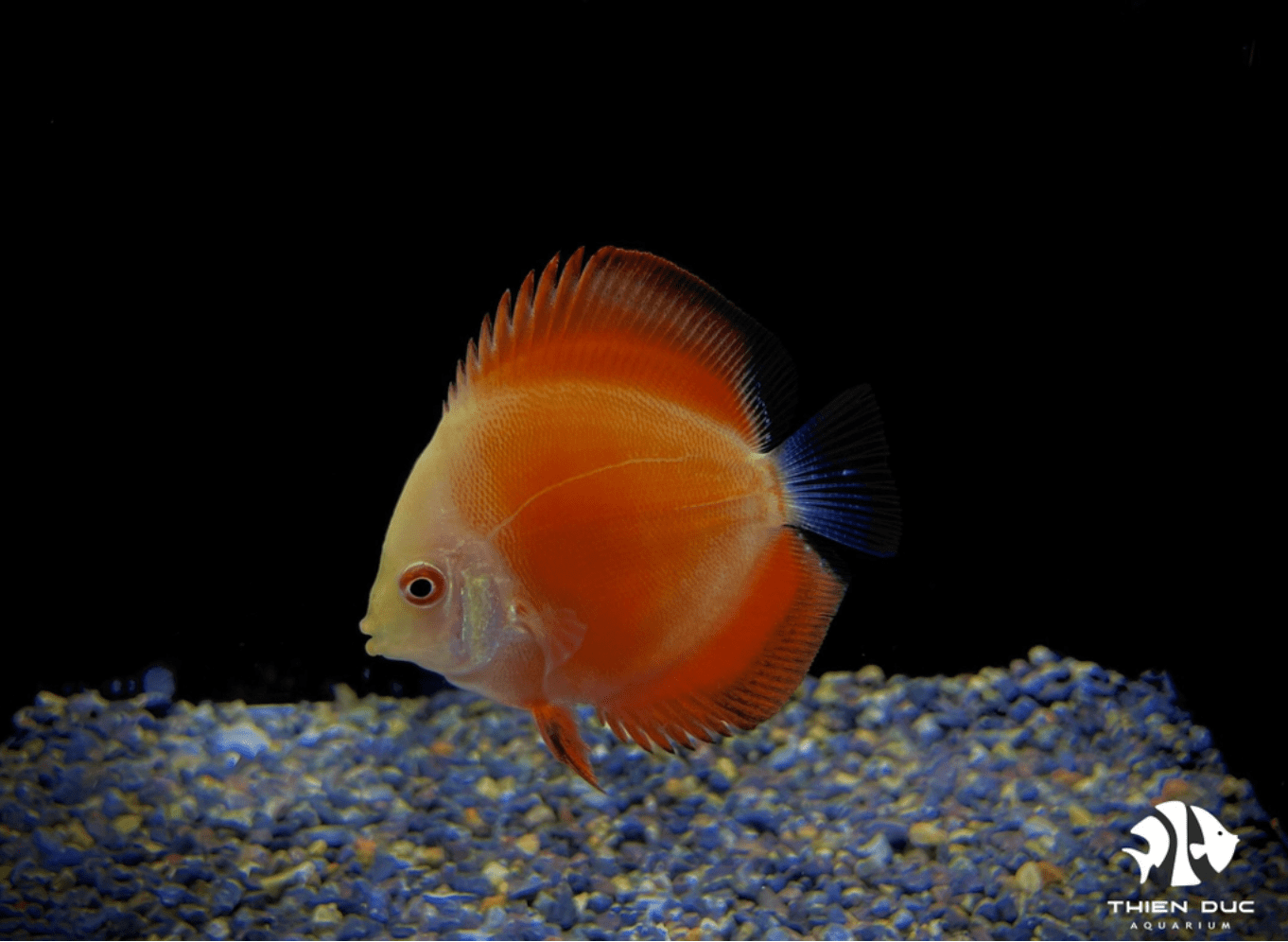Tropical Fish Export: Your Guide to International Markets
The allure of vibrant coral reefs and the mesmerizing dance of tropical fish has captivated aquarists worldwide, creating a booming global market for these underwater wonders. This demand has fueled a thriving industry, with tropical fish export playing a crucial role in connecting passionate hobbyists with the beauty and diversity of the marine world. For those seeking a reliable and trusted source for high-quality reef fish, ThienDuc Aquarium stands out as a leading name in the industry.
With years of experience, a commitment to sustainable practices, and a passion for the underwater world, ThienDuc Aquarium offers a wide selection of healthy and vibrant reef fish, ensuring your tank becomes a captivating showcase of marine life. Ready to embark on your reef tank journey? Contact ThienDuc Aquarium today and let their expertise guide you towards creating a thriving underwater paradise.
Understanding the Global Market
The global tropical fish market is a dynamic landscape, with diverse consumer preferences and a wide range of species in demand. To succeed in this market, exporters need to understand the specific needs and regulations of key importing countries.

Key Markets
-
The United States: The US is a major importer of tropical fish, with a large and diverse market driven by a strong demand for both common and rare species. However, the US also has stringent import regulations, including quarantine requirements and health certifications. Exporters must comply with these regulations to ensure smooth entry into this lucrative market.
-
The European Union: The EU presents a diverse market with varied tastes and preferences. From the popular neon tetras to the striking angelfish, the EU market offers opportunities for a wide range of species. However, the EU also has complex import regulations, including CITES compliance and specific health requirements, which exporters must carefully navigate.
-
Asia: The Asian market, particularly in countries like Japan, China, and Singapore, is experiencing rapid growth in demand for tropical fish. This region presents exciting opportunities for exporters, especially for specific species that are highly sought after by Asian aquarists. However, exporters need to be aware of the cultural preferences and specific regulations in each Asian country.
Market Trends
The tropical fish market is constantly evolving, with new trends emerging in terms of species popularity, breeding techniques, and consumer preferences. Stay informed about these trends to adapt your offerings and remain competitive.

-
Popular Species: Certain species, like discus fish, angelfish, and cichlids, remain consistently popular due to their vibrant colors and unique characteristics. However, new species are constantly gaining traction, driven by factors like availability, breeding techniques, and consumer interest in rare or unique fish.
-
Breeding Techniques: Advancements in breeding techniques, such as selective breeding and genetic manipulation, are leading to the development of new and stunning varieties of tropical fish. Exporters who can offer these unique varieties can gain a competitive edge in the market.
-
Consumer Preferences: Consumer preferences are shifting towards sustainable practices and ethical sourcing. Exporters who can demonstrate their commitment to responsible fish farming and environmental conservation will find greater success in the long run.
Competition
The tropical fish export market is competitive, with established players and new entrants vying for market share. Exporters need to be aware of the competitive landscape and develop strategies to differentiate themselves.
-
Established Players: Large-scale exporters with established supply chains and distribution networks can pose significant competition. However, smaller exporters can compete by focusing on niche markets or offering specialized services.
-
New Entrants: The growing demand for tropical fish attracts new entrants, creating a dynamic and competitive environment. Exporters need to stay agile and adapt to changing market conditions to remain competitive.
Exporting Tropical Fish: The Essentials
Successfully exporting tropical fish requires navigating a complex web of regulations, ensuring the health and safety of your fish, and finding reliable buyers.
Regulations and Permits
-
CITES: The Convention on International Trade in Endangered Species of Wild Fauna and Flora (CITES) plays a crucial role in regulating the international trade of endangered and threatened species. Exporters must comply with CITES regulations, obtaining permits and licenses for the export of listed species.
-
National and International Regulations: Each country has its own specific import regulations, including health certifications, quarantine requirements, and documentation. Exporters must familiarize themselves with these regulations for each target market to ensure smooth import procedures.
Quality Control
-
Health and Quarantine: Maintaining the health of your fish is paramount. Implement strict quarantine procedures to prevent the spread of diseases, and ensure that your fish meet the health standards of the importing country.
-
Packaging and Transportation: Proper packaging and transportation methods are essential for the safe arrival of your fish. Use containers that provide adequate ventilation, temperature control, and water quality to minimize stress and ensure the well-being of your fish during transit.
Finding Buyers
-
Trade Shows: Attending international trade shows dedicated to the tropical fish industry is an excellent way to connect with importers, network with industry professionals, and showcase your products.
-
Online Marketplaces: Online platforms and websites specifically for the tropical fish trade offer a convenient way to connect with buyers worldwide. These platforms often provide tools for listing your products, managing orders, and facilitating communication with potential buyers.
-
Direct Sales: Establishing direct relationships with importers can be beneficial for building long-term partnerships. This approach requires proactive outreach, networking, and building trust with potential buyers.
Success Strategies for Tropical Fish Exporters
To thrive in the competitive tropical fish export market, exporters need to develop strategies that differentiate their business and build long-term success.

Specialization
-
Species Focus: Specializing in specific species or breeding techniques can give you a competitive edge. By focusing on a niche market, you can build expertise and become a trusted source for those seeking specific types of fish.
-
Market Niche: Identifying specific market niches can also be beneficial. For example, you could cater to collectors seeking rare or unique species, or focus on breeding techniques that produce fish with exceptional coloration or patterns.
Building Relationships
-
Trust and Reliability: Building strong relationships with importers based on trust and reliability is essential for long-term success. Delivering high-quality fish, meeting deadlines, and providing excellent customer service are key to building trust and fostering lasting partnerships.
-
Communication: Clear and timely communication is crucial. Respond promptly to inquiries, provide detailed information about your products, and keep importers updated on the status of their orders.
Marketing and Branding
-
Online Presence: Having a professional website and online presence is essential for reaching potential buyers. Your website should showcase your products, highlight your expertise, and provide information about your business.
-
Branding: Developing a strong brand identity can help you stand out in the market. Create a unique brand name, logo, and messaging that reflects your values and differentiates you from competitors.
Conclusion
The tropical fish export market offers exciting opportunities for those willing to navigate its complexities. By understanding key markets, complying with regulations, and implementing successful strategies, exporters can tap into a global demand for vibrant and captivating aquatic life. Remember to prioritize quality, sustainability, and building strong relationships with buyers. With dedication and the right approach, you can thrive in the dynamic and rewarding world of tropical fish export.
Contact Information
-
Address: 57 Le Thi Sieng, Tan Thong Hoi, Cu Chi, Ho Chi Minh City, Viet Nam
-
Mobile: +84903912501
-
Office: +84982577871
-
Email: thien@thienducaquarium.com










